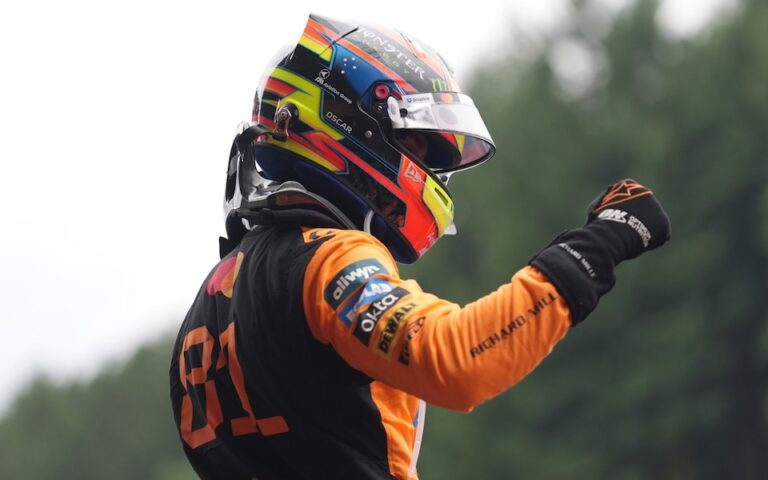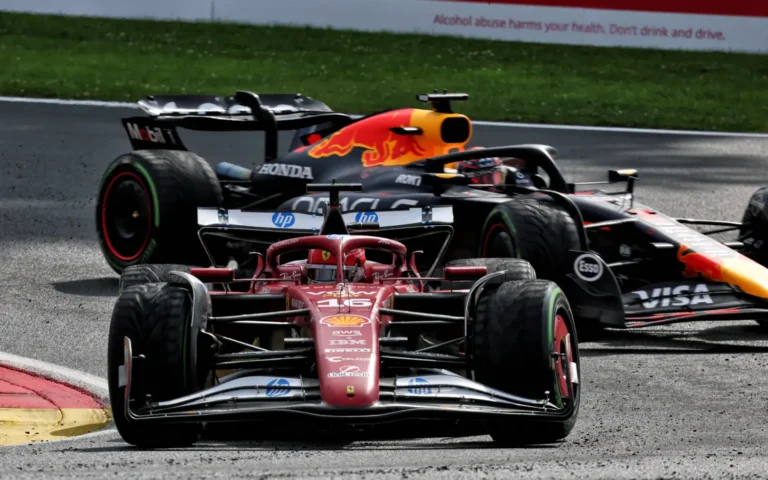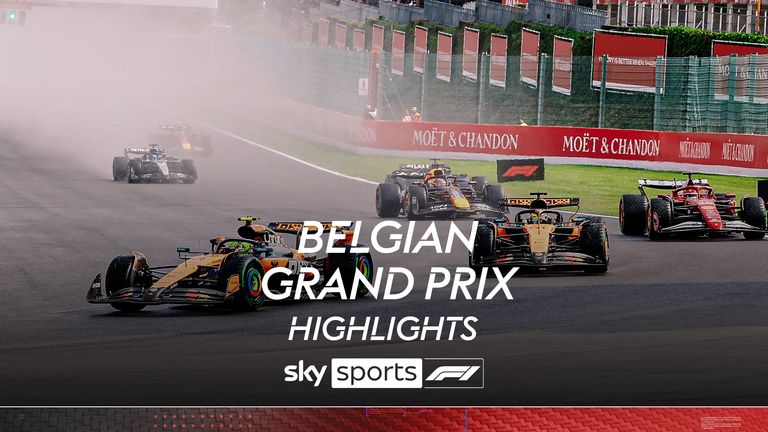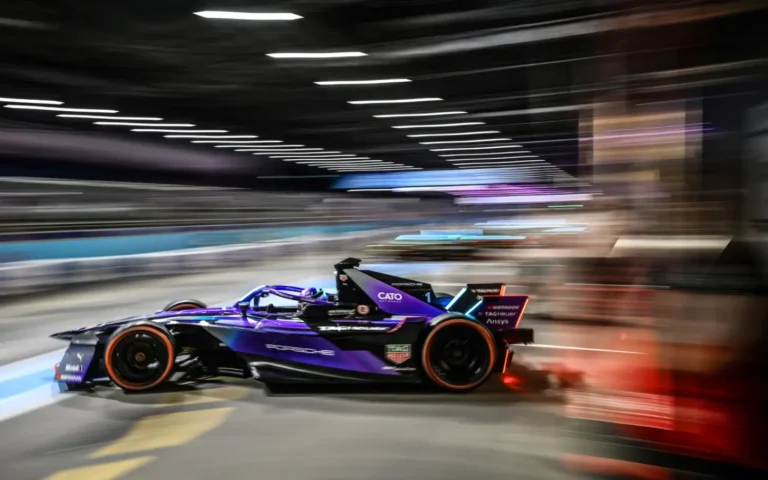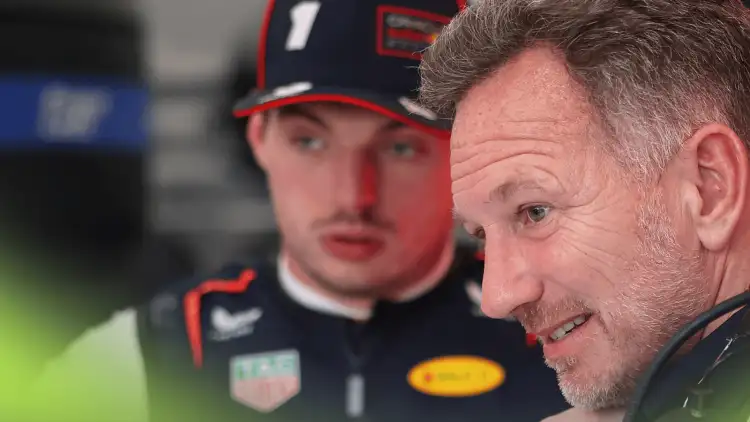
Christian Horner’s long-standing role as Red Bull Racing’s Team Principal is reportedly under increasing scrutiny, despite the team’s continued dominance in Formula 1. Recent reports have raised concerns about internal conflicts within Red Bull, particularly surrounding Max Verstappen’s rising influence. Though no official confirmation has been made, anonymous sources suggest a growing power struggle that could impact Horner’s leadership, sparking widespread speculation about the team’s internal dynamics and long-term stability.
At the center of this controversy is Max Verstappen, the reigning double world champion. His incredible success has naturally given him considerable sway in team decisions, but some insiders suggest that his influence may be overshadowing Horner’s authority. While there is no indication of direct confrontation, whispers within the paddock hint at a subtle shift where Verstappen’s voice may carry more weight than that of the team boss, potentially destabilizing the team’s leadership structure.
Observers have pointed out several race scenarios where Verstappen’s choices have deviated from pre-set team strategies, including pit-stop timing and tire selections. These decisions, often seen as successful on Verstappen’s part, also paint a picture of a driver potentially operating outside traditional team boundaries. This growing independence may be interpreted as a challenge to Horner’s strategic control, suggesting a shift in how decisions are made during crucial race moments.
The pressure to maintain Red Bull’s dominance adds further tension. With the team under constant media and fan scrutiny, any internal discord is amplified. Verstappen’s brilliance behind the wheel acts as a shield against criticism, meaning any flaws in leadership or strategy might be overlooked in favor of results. However, this dynamic could foster an imbalanced environment, where the driver’s influence becomes too central to team operations.
Despite the rumors, Red Bull and Horner have denied any serious issues, stating that their relationship with Verstappen is solid and collaborative. They argue that any in-race adjustments made by Verstappen are signs of adaptability rather than insubordination. Whether the current theories are exaggerated or signs of deeper issues, the situation highlights how fragile leadership can become in a high-performance setting. The coming months will reveal whether this speculation leads to real change or simply fades as background noise in the fast-moving world of Formula 1.
